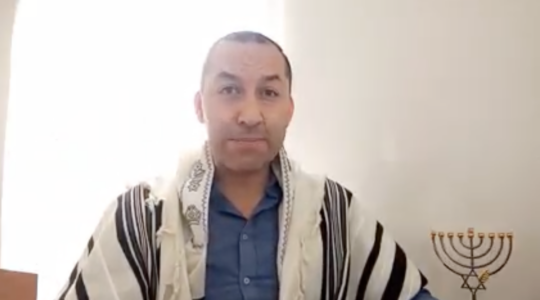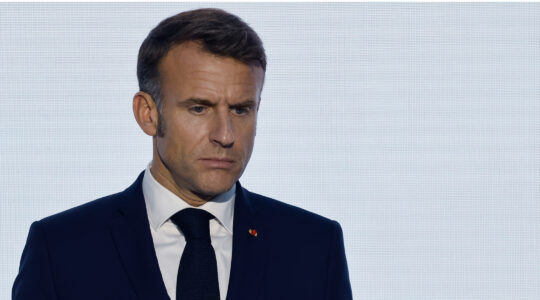(JTA) – Authorities in Bologna, Italy, have announced the discovery of the site of the city’s medieval Jewish cemetery, which was destroyed in 1569.
They said archeological excavations in 2012-14 uncovered 408 graves, making the cemetery the largest medieval Jewish cemetery known to date in Italy.
The discovery announced by the Bologna and regional superintendence for archaeology was presented Tuesday at a news conference by Bologna Mayor Virginio Merola and other officials, including Bologna’s chief rabbi and Jewish community president.
“It is a unique discovery,” Merola said. “It is an enrichment of the cultural story of our city and of the presence of the Jewish community in Bologna.”
In a statement, the superintendence said the graves discovered included those of women, men and children, and some “included personal ornaments made of gold, silver, bronze, hard stones and amber.” It said the cemetery was discovered during excavations being carried out in relation to the construction of a residential complex.
The area, which is in and around via Orfeo, was used as a Jewish cemetery from the 1390s, but it was destroyed in 1569 after Pope Pius V banished Jews from everywhere in papal territories except Rome and Ancona. In November 1569, Pius handed over the cemetery to the nuns of the nearby cloister of St. Peter the Martyr and gave them permission “to dig up and send, wherever they want, the bodies, bones and remains of the dead: to demolish, or convert to other forms, the graves built by the Jews, including those made for living people: to remove completely, or scrape off the inscriptions or epitaphs carved in the marble.”
Four ornate Jewish gravestones now displayed in Bologna’s Civic Medieval Museum are believed to have come from this cemetery.
The superintendence statement said the 408 graves uncovered by the excavations were “perfectly aligned in parallel rows, with ditches dug in an east-west direction and the heads of the dead on the west end.” It said no trace of tombstones had been found, but 150 graves showed clear signs of deliberate desecration.
At Tuesday’s presentation, Rabbi Alberto Sermoneta underscored that the recovered remains needed to be given a dignified burial.
JTA has documented Jewish history in real-time for over a century. Keep our journalism strong by joining us in supporting independent, award-winning reporting.





